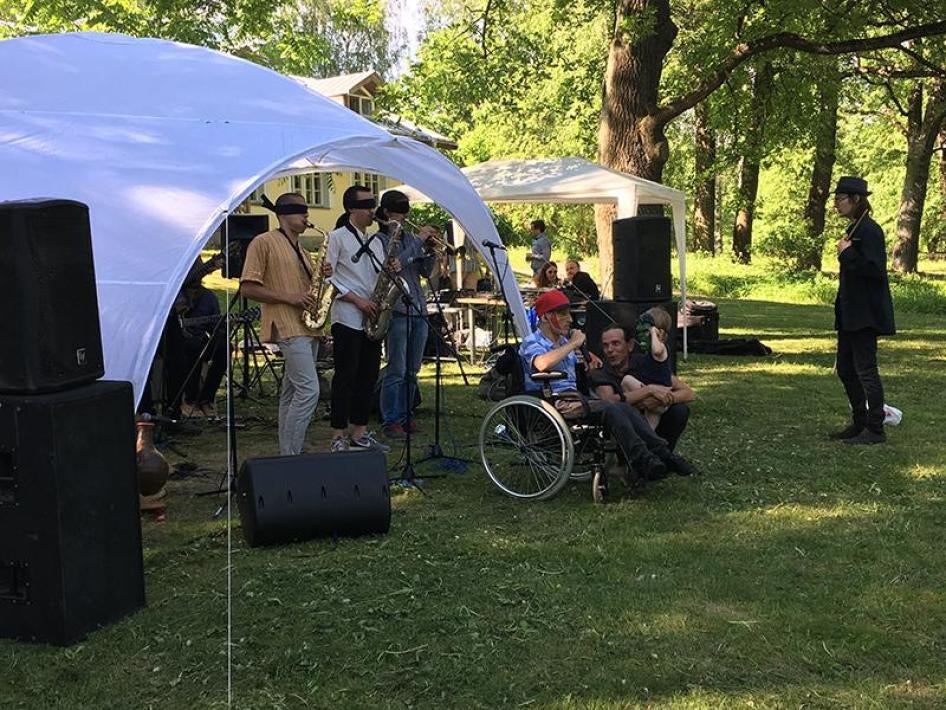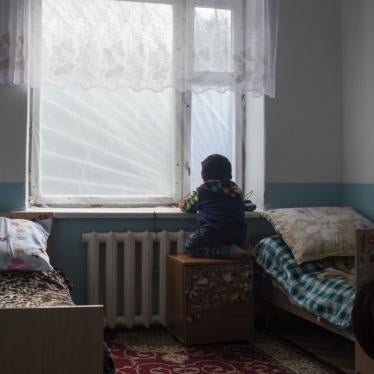A new Russian film, “Temporary Difficulties,” features a character named Sasha, born with cerebral palsy. A doctor tells his parents, “You can give him away and no one will judge you for it.” Although the film takes place during the Soviet era, it paints a picture familiar to millions of Russians today – a couple struggling to raise a child with a disability, without social support, and in the face of pessimism in Russia’s medical community.
Sasha’s parents do not give him away. His mother accepts him for who he is, a person with a disability who has a talent for math, loves music, and is courageous. She tries to get him support, like a donated wheelchair and physical therapy. But reflecting the social stigma surrounding them, Sasha’s father tries to turn him into a “real man” who can move like everyone else. At one point in the film, he abandons Sasha in a forest without a wheelchair or crutches, making him crawl back home.
By the film’s end, Sasha is living in contemporary Russia, having magicked away his disability. He walks like others and is successful and married. The film’s message is cruel and warped: the only way to find acceptance is to will away your disability.
In today’s Russia, some 13 million people live with disabilities. And unlike the fictional Sasha, wishing away their disability is neither possible nor necessary to find acceptance. With the help of more accessible infrastructure and efforts by independent groups to support inclusive health care, schools, workplaces, and recreation, many have begun to rightfully live fuller lives.
Recently I went to a rock concert outside St. Petersburg, attended by residents of local orphanages and adult institutions for people with disabilities. Most people there had cerebral palsy, down syndrome, or limited mobility, or were blind or deaf. They were there with friends and supporters from local nongovernmental organizations. Everyone danced together, without self-consciousness or shame.
It is time for the Russian government to support more efforts toward inclusion, and for more film makers and other artists, as well as journalists, to embrace a rights-respecting vision for all people in Russia. That way millions of children with disabilities can look around on city streets or on television screens and see themselves as they are, not as some in the government and the media may still, even in 2018, suggest they should be.









